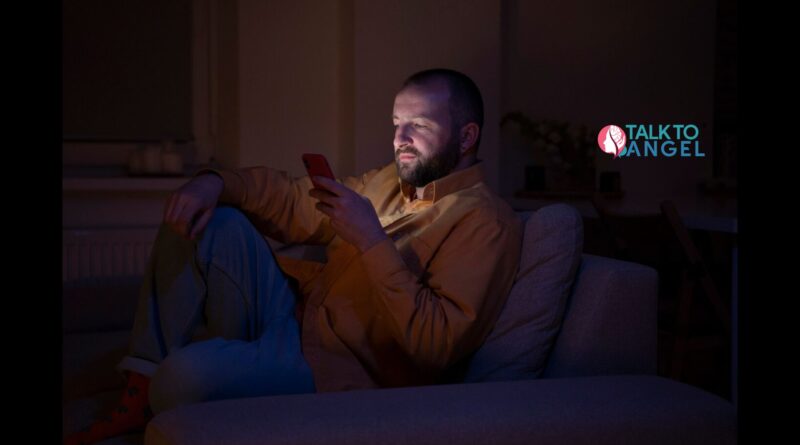The Hidden Costs of Screen Time: Mental Health Impact
Understanding the Screen Time Factor
In today’s digital age, screens are everywhere. From smartphones to tablets and computers, it seems like we’re always connected. But have you ever stopped to think about how all this screen time affects our mental health, especially for adolescents and children? It’s not just about the number of hours spent scrolling or gaming; it’s about how those hours impact emotions, sleep, and overall well-being.
The Pressure Cooker: Stress and Anxiety
Imagine feeling weight on your shoulders, and it’s not just physical. That’s how many teens feel with the constant pressure to stay connected and present on social media. Studies show that excessive screen time can increase anxiety levels. The notifications never stop; it’s like a faucet that’s always dripping. Each ping adds to the stress, making it hard for them to relax.
Online counseling platforms like TalktoAngel are stepping in to offer relief. These services connect individuals with professionals who understand the unique stressors of modern life. With just a few clicks, adolescents can speak to a counselor who can help them navigate these feelings. It’s like having a life raft in a stormy sea.
The Sleep Thief: Screen Time and Sleep Issues
Ever wonder why so many kids struggle to get quality sleep? Screen time is often the culprit. The blue light emitted from screens disrupts our body’s natural sleep cycle. It is like having a cup of coffee just before going to bed. When kids have their devices in their hands at night, they’re not just missing out on shut-eye; they’re also missing out on the chance to refresh their minds for the next day.
When sleep is compromised, everything else suffers. Mood swings become more common, and coping with daily challenges feels insurmountable. This is the place where the knowledge of experts like Dr. RK Suri, one of the best clinical psychologists, comes into play. He can provide strategies to help families create a healthy balance between screen time and sleep.
The Dark Shadows: Depression and Loneliness
Despite being connected online, many adolescents feel isolated and lonely. The paradox of social media is that it can bring people together and yet create a sense of distance. Comparing oneself to other people and feeling inferior can happen easily. This feeling can spiral into depression, making it harder to reach out for help.
This is where TalktoAngel shines again. By breaking down those barriers, online counseling lets young people express their feelings in a safe environment. It’s about making that first step towards healing without the fear of judgment.
Finding Balance: Screen Time Management
So, how do we help our youth find a healthy balance in their digital lives? Parents can nurture open conversations about screen time and its effects. Sometimes, it’s about setting boundaries—like no screens during dinner or an hour before bed. It’s crucial to encourage activities that don’t involve a screen, like reading, playing outside, or simply having meaningful conversations.
The Way Forward: Seeking Help
It’s acceptable to seek assistance if anxiety, depression, stress, or trouble sleeping feel overpowering. Online platforms like TalktoAngel provide a bridge to professional support without the stigma that sometimes comes with traditional therapy.
Dr. RK Suri and other clinical psychologists are ready to help young people navigate the confusing waters of mental health in the digital age. Asking for assistance is a step towards power, not a show of weakness.
Conclusion: Prioritize Mental Health
In the whirlwind of notifications and endless scrolling, let’s not forget the importance of mental health. Screen time can have significant effects on stress, anxiety, sleep, and overall emotional well-being. Recognizing these impacts is the first step to making positive changes.
Let’s encourage healthier habits and a brighter future for our youth. A well-rounded existence is, after all, an easier one.




